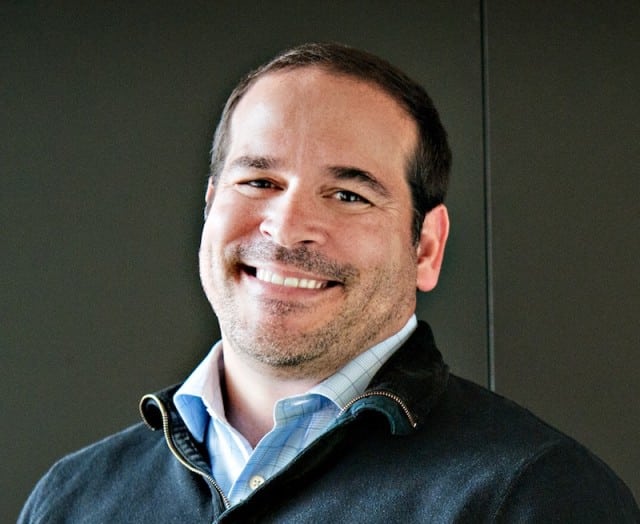
Rhapsody hopes to move in to the black in the final two quarters of this year, after turning around subscriber decline following its spinout from RealNetworks (NSDQ: RNWK) and Viacom (NYSE: VIA) largely thanks to uptake of its mobile service, the company’s chief product office Brendan Benzing tells paidContent.
From there, the newly-single company could seek new investment. “There’s a lot of people looking for value plays in what is becoming an extremely competitive sector,” Benzing says.
Could Rhapsody follow music peer Pandora (NYSE: P) on to the Nasdaq? “There’s nothing precluding us from doing that,” Benzing says. “We dont have any near-term plans to do that. But private markets are a viable option for any company. We could look at that to capitalise the business or to help go international.”
Rhapsody has added 100,000 gross customers since the spinout and Benzing, echoing Steve Jobs in hailing the “post-PC era”, cites its mobile app, which supports Rhapsody’s $9.99-a-month service, as a major driver: “Thirty to 40 percent of our entire base is using our mobile apps now. The iPod was a closed device dominated by DRM, a tethered experience. But, with smartphones, you have your music accessible for 16 out of 24 hours – we’ve been able to increase total subscriber numbers.”
To keep that going, Benzing will need to carefully negotiate Apple’s new terms around iOS in-app subscriptions. With just one day to go, Rhapsody is not yet compliant, because its app still lets new users take out subscriptions – a feature Benzing suggests will be removed in order to protect revenue. “We are intending to comply to avoid being kicked off.
“We felt the terms were untenable for us. The realities of our business is, the margins are tight. Apple’s hearing feedback and have certainly made some tweaks to those regulations to bring pre-existing relationships to the table. They are certainly an improvement but it still doesn’t go as far as we like. It’s great that people who have a relationship with Rhapsody can continue to have access on iOS devices moving forward, we have a lot of users there.”
With 750,000 paying subscribers, Rhapsody is the big daddy and 10-year veteran of a U.S. on-demand music space that is getting crowded with upstart new services like Mog, Rdio and, soon, European darling Spotify.
“There will be winners or losers,” Benzing says. “There’s a long list of 10 servies in the U.S. offering s similar service to Rhapsody. We’re in a feature war – a significant advantage for us in the U.S. is, we have awareness and a brand and we have history. Remember Spiralfrog, remember Imeem?. Sustainability is a big issue not just for consumers but also for distribution partners.
“Even though there are competitors, it’s not like people are switching. The number one reason people might leave is not lack of music, it’s lack of use, if they don’t use it as much as expected.” So Rhapsody will be adding social features in the next few months to drive engagement, discovery and to incentivise customers with free time for referring friends.”
In the spinout, Rhapsody got $18 million in cash from RealNetworks and $33 million in marketing credits from Viacom – something which could be called upon again, if needed, to drive awareness against looming competition. “After the legalities and a lot of technical baggage, we’ve completed that transition – we no longer have any inter-dependencies between companies,” Benzing says, adding that management “take pride” in having added customers and brought the company to the brink of profitability.
In a music industry notoriously dependent on fractured territorial rights systems, Rhapsody has still not gone international. “It’s definitely a desire,” Benzing says. “It’s not in our 2011 planning horizon. But we would welcome that as an opportunity for growth. What’s happening in emerging markets is interesting – labels are interested in opportunities to grow, but labels in established markets are protective of established revenue streams.
“We are examining organic, partnership strategies to go international. We get a lot of inbound interest that would de-risk us going international. If we can get to profitability in the most competitive market, the U.S., that gives us a great platform.”